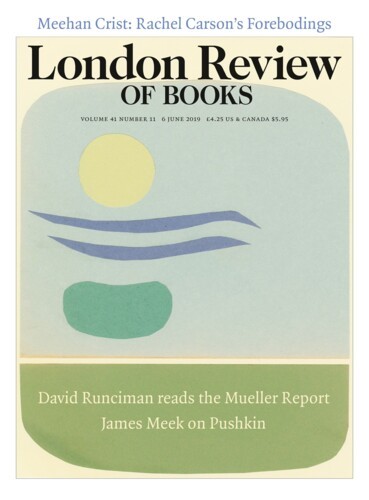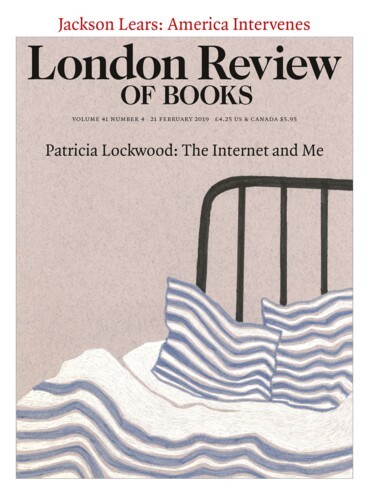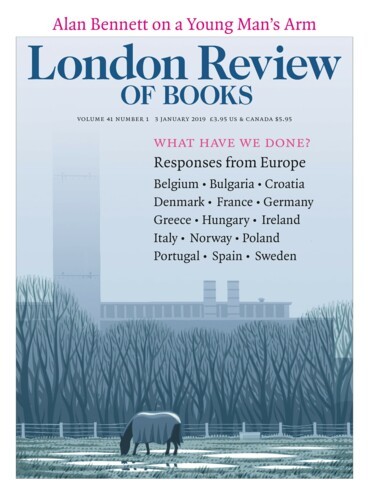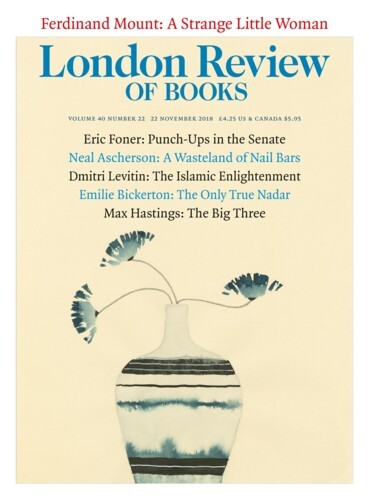How to Get Screwed
David Runciman, 6 June 2019
Perhaps the deepest irony of all is that in clearing Trump of conspiracy the Mueller report poses a direct challenge to his worldview. Trump gets a pass because conspiracies are hard – hard to co-ordinate, hard to prove. Yet Trump, like all conspiracy theorists, makes the mistake of assuming that they are easy, which is why he sees them everywhere. Really we should start calling people like Trump ‘collusion theorists’. What they imagine to be everywhere is something that, on any serious burden of proof, doesn’t actually exist.





